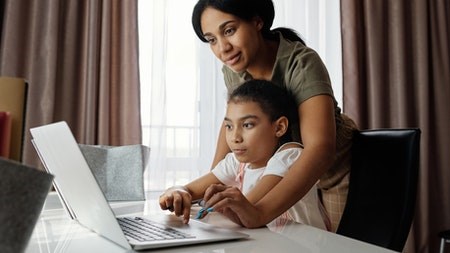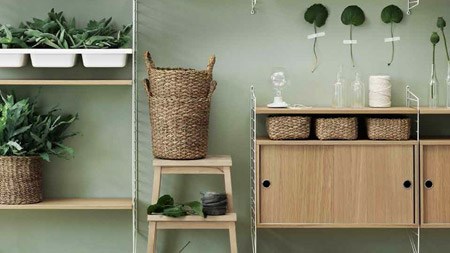The pandemic has led to major disruptions in the school year, forcing parents into periods of home-schooling solutions throughout the year. Though not a long-term solution for everyone, some parents may be tempted to explore the option of continuing to school their children from home – at least until the pandemic has reached an end.
Regional Director and CEO of RE/MAX of Southern Africa, Adrian Goslett, says that since the pandemic started and businesses continued operating remotely, many have chosen to move away from the cities to more remote nodes of the country that offer a more relaxed and scenic lifestyle. “Those who hope to do the same and who no longer want to be bound by school districts might find the concept of home-schooling more appealing,” he suggests.
The process of enrolling a child for home-schooling is relatively simple. According to the Department of Education website, those who prefer to teach their children at home simply need to apply to the head of their Provincial Education Department to register for Home Education. The lessons parents offer their children must then fall within the scope of the compulsory phases of education as set by the Department of Education. There are various curriculums that parents can purchase online that adhere to these regulations. Parents will then need to keep the following documents in order as proof of the child’s progress:
• Record of attendance
• Portfolio of the child’s work
• Up-to-date records of the child’s progress
• Portfolio of the educational support given to the child
• Evidence of the continuous assessment of the child’s work
• Evidence of the assessment and or examination at the end of each year
• Evidence at the end of grade 3,6 and 9, that shows whether your child has achieved the outcomes for these grades
Considering the above, Goslett recommends creating a designated space in the home where parents can keep records of their children’s work. This space could also be used as the classroom where the children can conduct their lessons.
“Homes with their own enclosed study are in high demand these days. Parents who are home-schooling could renovate or build onto their home to create an office space if they do not already have one. This could add great value to the home if they later decide to sell. Those without the space or the budget to renovate could invest in some multi-functional furniture. A bedroom can easily double as a study by purchasing a Murphey bed that can tuck away against the wall when not in use. The built-in cupboards could also double as a filing cabinet for children’s schoolwork if customized with clever storage fittings,” Goslett suggests.
Alternatively, those who are looking to escape the hustle and bustle of city living could contact their local real estate professional to help find them a new home with its own enclosed study that can be used for home schooling.
For more information on how to register children for home-schooling, visit www.education.gov.za/Programmes/HomeEducation.aspx.





